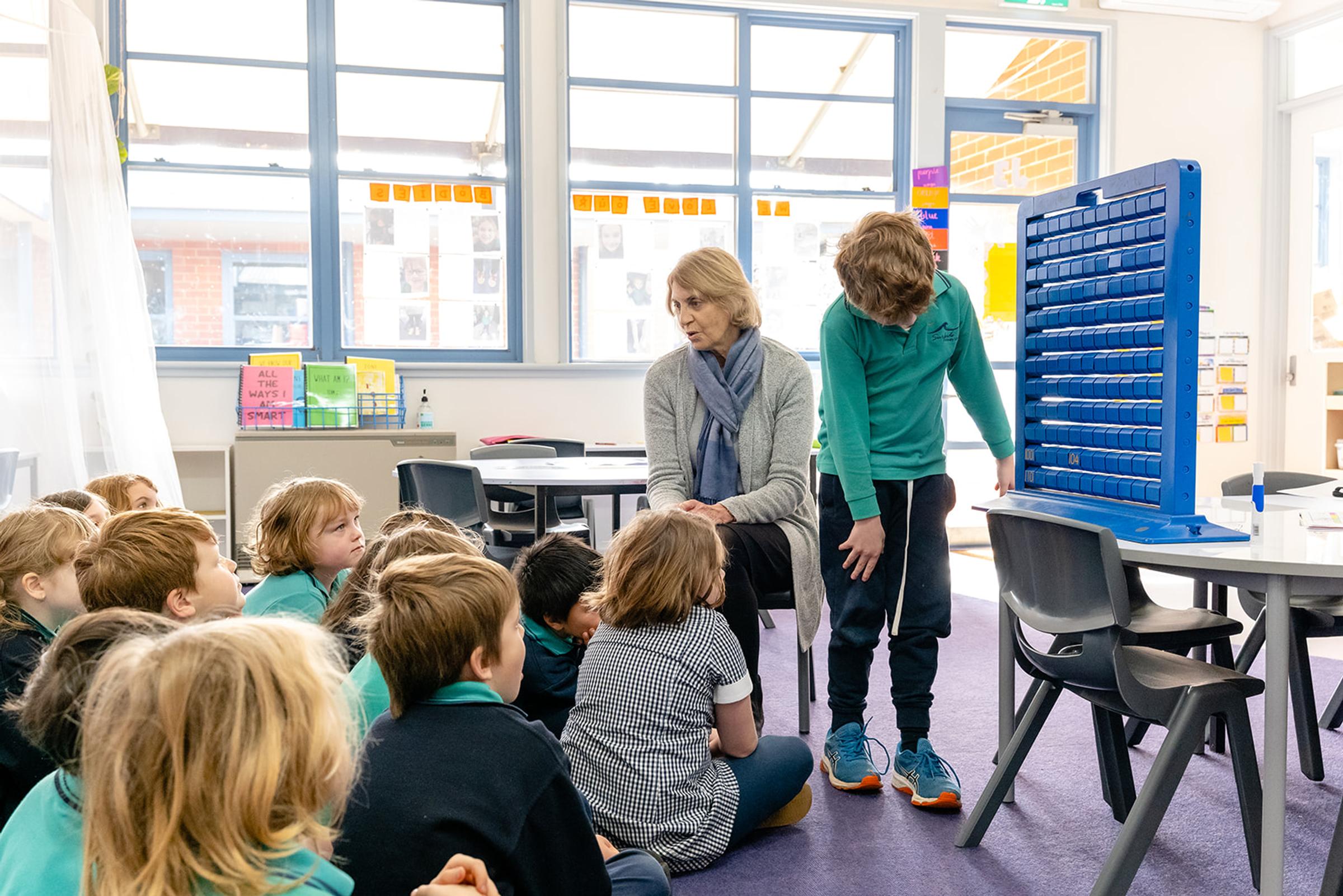Teaching & Learning Page

Teaching and Learning Spotlight
This week we are highlighting the importance of phonological awareness in ‘The Big Six’ of reading. Phonological awareness is the ability to hear the sounds within language. Phonemic awareness sits under the umbrella of phonological awareness and is the understanding that spoken words comprise of individual speech sounds or phonemes, which is a critical foundational skill for learning to read. Being able to hear or ‘isolate’ these sounds gives children a foundation for learning to manipulate the sounds of sentences and words as they learn to read and spell.
Children with good phonological awareness can hear:
• words and word spaces in language
• syllables (a unit of pronunciation with one vowel sound, cat has one syllable, water has two syllables)
• rhyme (two or more words with the same ending sound, ring, sing, thing)
• alliteration (two or more words with the same beginning sound, Peter Piper picked a peck of pickled peppers)
• phonemes (the individual sounds within a word, dog has three phonemes, d-o-g).
What can parents can do at home to encourage phonological awareness?
• Read aloud books or poems with rhyming words at the end of lines or sentences. Allow children to join in and predict the next rhyming word.
• Listen for and clap with the syllables of familiar and new words, for example, jump-ing, wa-ter, ha-ppi-ness, fab-u-lous.
• Sing songs, say nursery rhymes, chants, riddles, silly poems, tongue twisters and jokes.
During our Literacy Block in Foundation to Year 2, we begin with a quick 1-2 min phonemic awareness drill. Click on the link below to see it in action!
